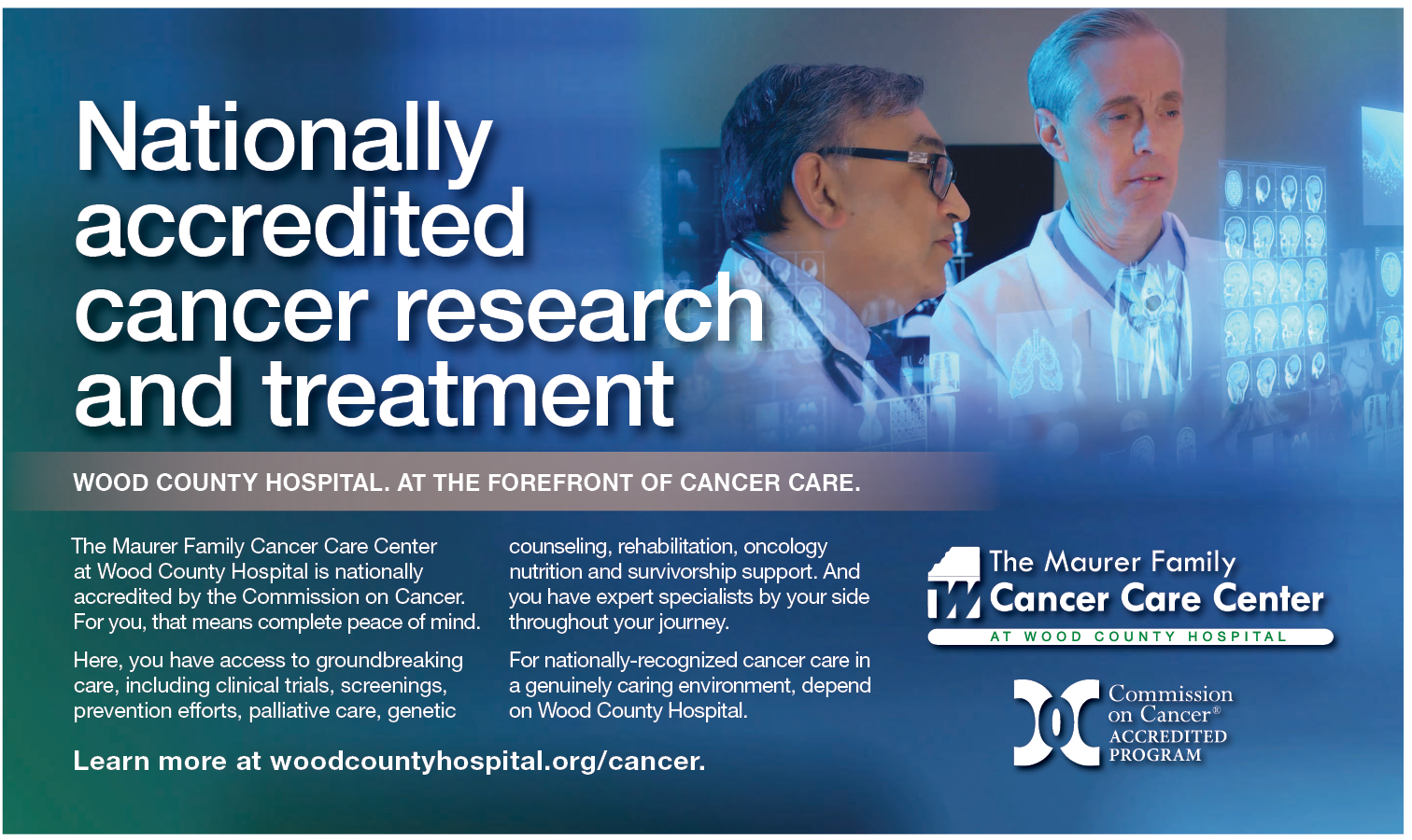MY FRIEND HAD foot surgery and was in a cast. She took some time off work and seemed to be doing well. When she visited her surgeon for a follow-up appointment, he noticed that she winced when he touched her foot. It seemed her cast was rubbing against her skin and irritating her ankle. Her doctorasked“Howlonghaveyoubeen in pain?” She told him that it started hurting two days after the surgery.
The doctor told her she should have called him immediately. She said she never had any surgery and thought the pain was just what a person had to endure until they healed. She also said she did not feel she should bother him. He told her he needed her input so that he could better address her health needs.
It sounds easy and sensible: work together with your doctor to achieve your maximum health. But it ain’t always that easy to do.
Doing what another person recommends involves trust. I know that when a family member, work colleague, or friend gives me their opinion on something, I tend to take their advice. I usually ask questions and talk it through. From experience, I often follow their advice since I have experienced getting good advice from them. I trust them.
The same holds for your doctor. If you are a relatively new patient with the doctor, the relationship is just starting, and if you only see them a few times a year for literally minutes at a time, both you and the doctor do not really know each other (and your medical history, etc.). It can take a while to develop mutual trust—you feeling your doctor guides you with the right medications, tests, and advice, and your doctor to see if you follow through with the health recommendations. If you are honest with the doctor, the trust will gradually grow. Think of the times you only schedule your car’s tune up with a mechanic you have used for years.
Trust is a two-way thing. If our doctor recommends a new prescription or a medical test, we need to follow through. We do have the right to ask why we need these things, how they would benefit us, and other pertinent questions. We then have to follow through on the things we and the doctor agreed on. That way, we trust the doctor and trust is mutual. Honesty is best when talking. If I am concerned about drug side-effects, or about a new medical procedure, that is the time to ask about it. Often a doctor might suggest we start the medication for a shorter period of time so we can monitor it. If medical tests are not urgent, we might compromise and schedule them in a few months.
Our responsibility as patients is to be honest with our doctor, and to comply with their orders. It’s a natural thing to do well with people we feel are honest and care about us—teachers who respected us, coworkers who are honest, and, perhaps, a certain grocery cashier who treats us with respect and knows how we like our grocery bags packed.
There is science behind the fact that an honest doctor-patient relationship can help our healing and overall health. As a patient, be prepared for your appointments, be honest, even about things that embarrass you, follow your doctor’s prescribed plan and insist that your doctor listen and explain things that you don’t understand.
We all know the advantage of making a list of topics we want to ask our doctor. Once, I forgot my list, and now I never go to an appointment without one!
According to My Care Plus (an epublication of Healthwise.com, an organization that offers healthcare information for all aspects of health), there are some basic things a patient can do to work closely with their doctor:
Work closely with your doctor All Healthwise education is reviewed by a team that includes physicians, nurses, advanced practitioners, registered dieticians, and other healthcare professionals.
• Build a relationship with your doctor. Let your doctor know that you want to be a partner in your health care. Tell the doctor what your expectations are.
• Tell your doctor if you have accessibility concerns. Tell your doctor if you need help moving around at your visit.
For example, you could ask for a wheelchair or for help getting on the exam table. Tell your doctor if you are hard of hearing. Ask your doctor if they have handouts in larger print or in a different language. Or tell your doctor if you need an interpreter to speak a language you feel more comfortable using.
• Be an active participant in each appointment. Listen carefully to what your doctor says. If you do not understand a diagnosis or treatment, ask questions.
And tell the doctor if you think that following the prescribed treatment will be hard for you.
• Have a family member or friend with you during your appointment if possible. They can take notes, ask questions to clarify information, and help you remember what your doctor says.
• Bring your medicines to your appointment. If you take prescription or over-thecounter medicines, including herbal remedies or vitamins, bring all of them with you to any appointment with your doctor. If you cannot bring the medicines, bring a list of the medicines that you take.
• Ask for instructions. Before you leave the doctor’s office, make sure you know what you are supposed to do to care for yourself. Ask for written information, links to videos and websites, and any other instructions.
• Be sure to make and go to all appointments. Call your doctor if you are having problems. It’s also a good idea to know your test results and keep a list of the medicines you take.
• Prepare your child for tests and exams. Let your child know why they are seeing a doctor and what will be done during the visit. Your child’s age and developmental level will determine how best to prepare them. And ask your older child if they would like to speak to the doctor alone. Teens may be more willing to talk about topics such as sexuality, mental health, and drugs or alcohol if they know they can have time on their own with their doctors. Sometimes it might be challenging to tell our physician how we really feel—in our hearts and our body parts. Who wants to tell another human being about our constant burping or flatulence?
A patient who wants to truly take care of their health!
Sister Karen Zielinski is the Director of Canticle Studio. Canticle Studio is a part of the Sisters of St. Francis of Sylvania, OH’s overall advancement effort and has a mission of being a creative center where artists generate works, products, and services in harmony with the mission of the Sisters St. Francis. She can be reached at kzielins@sistersosf.org or 419-824-3543. ✲


